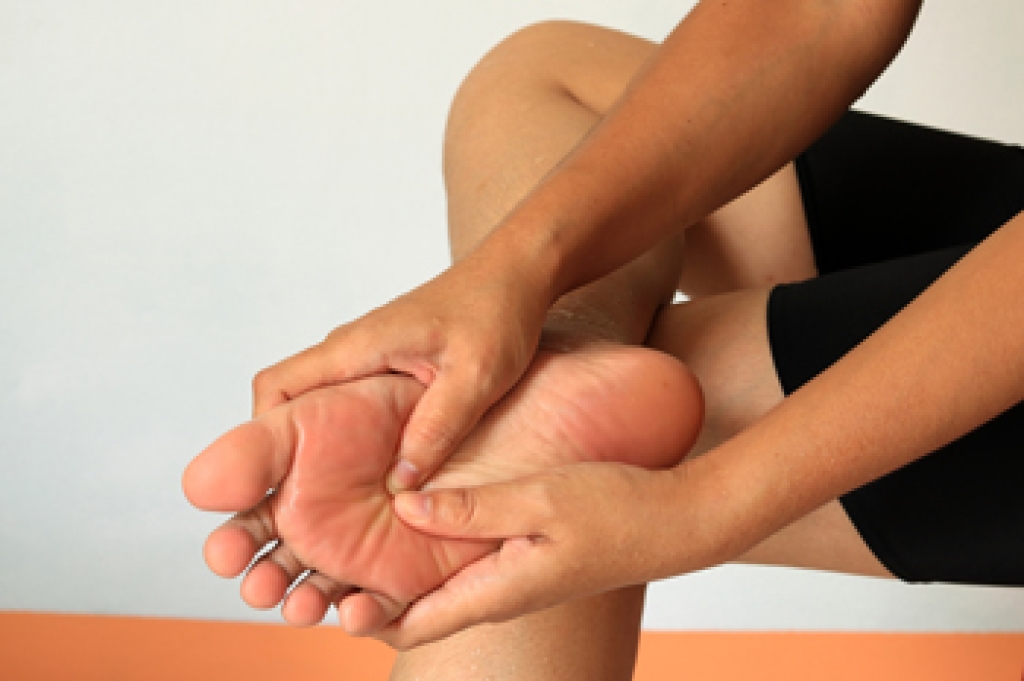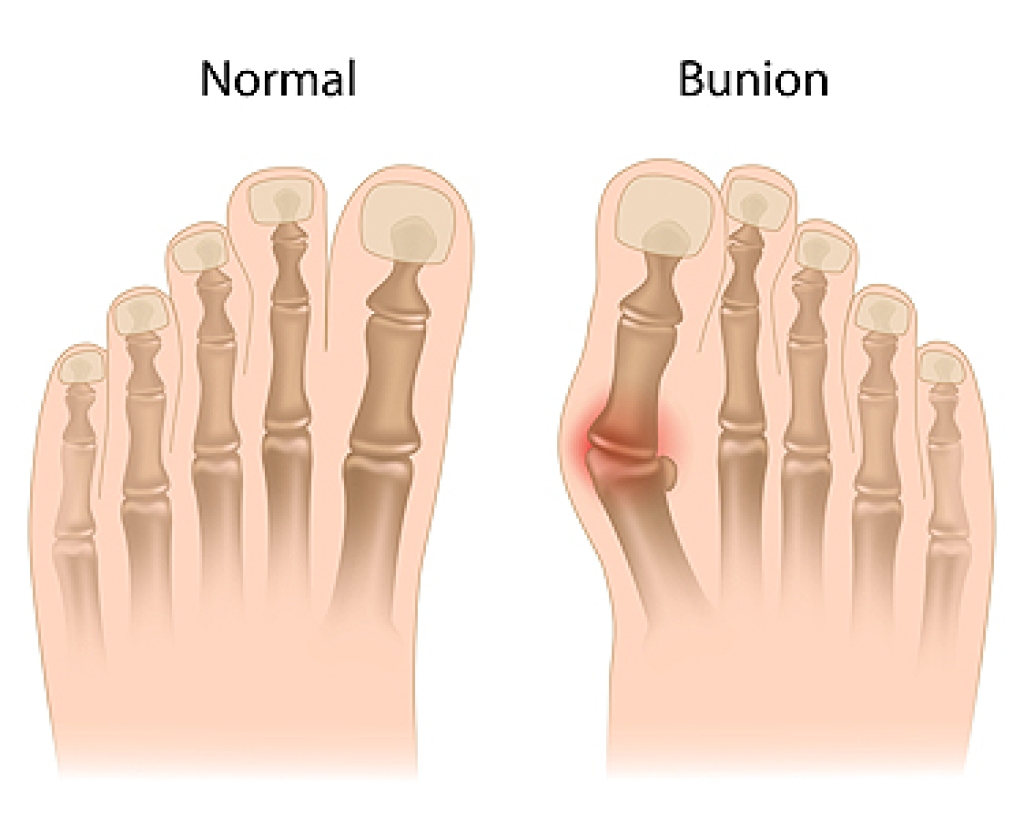
Pain in the ball of the foot, known medically as metatarsalgia, often arises from activities such as running, wearing tightly fitted or high‑heeled shoes, or a natural foot shape that places extra pressure on the forefoot. The ball of the foot becomes sore, swollen, bruised, or burning. It can feel as though a pebble is under your foot. Metatarsalgia also may be caused by a sprain, bursitis, arthritis, nerve irritation or a developing bunion. Persistent or worsening symptoms call for evaluation by a podiatrist, who can examine foot structure, toe alignment, gait mechanics, and weight distribution across the forefoot. A podiatrist might recommend custom orthotic inserts, advise on supportive footwear, or, if structural abnormalities are advanced, recommend surgery to address underlying bone, joint, or soft tissue issues. By identifying the precise cause of the pain in the ball of the foot, a podiatrist can design a practical plan to alleviate pain and improve function. If you are experiencing such symptoms, it is suggested that you schedule an appointment with a podiatrist for appropriate care.
Foot Pain
Foot pain can be extremely painful and debilitating. If you have a foot pain, consult with our doctors from Foot & Ankle Center of Oklahoma. Our doctors will assess your condition and provide you with quality foot and ankle treatment.
Causes
Foot pain is a very broad condition that could be caused by one or more ailments. The most common include:
- Bunions
- Hammertoes
- Plantar Fasciitis
- Bone Spurs
- Corns
- Tarsal Tunnel Syndrome
- Ingrown Toenails
- Arthritis (such as Gout, Rheumatoid, and Osteoarthritis)
- Flat Feet
- Injury (from stress fractures, broken toe, foot, ankle, Achilles tendon ruptures, and sprains)
- And more
Diagnosis
To figure out the cause of foot pain, podiatrists utilize several different methods. This can range from simple visual inspections and sensation tests to X-rays and MRI scans. Prior medical history, family medical history, and any recent physical traumatic events will all be taken into consideration for a proper diagnosis.
Treatment
Treatment depends upon the cause of the foot pain. Whether it is resting, staying off the foot, or having surgery; podiatrists have a number of treatment options available for foot pain.
If you have any questions, please feel free to contact our offices located in Oklahoma City and Yukon, OK . We offer the newest diagnostic and treatment technologies for all your foot care needs.




